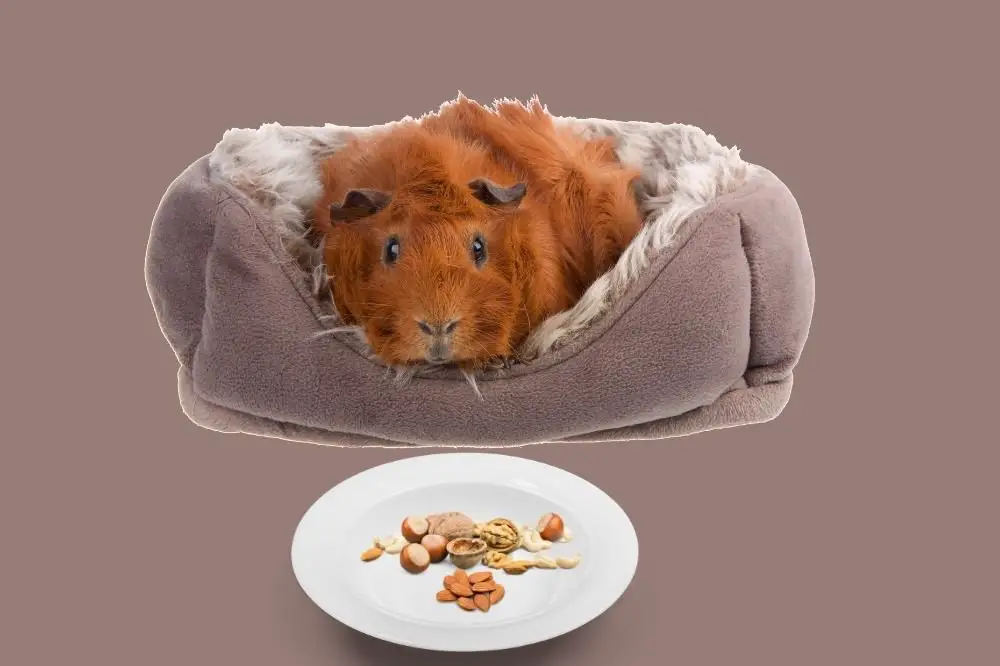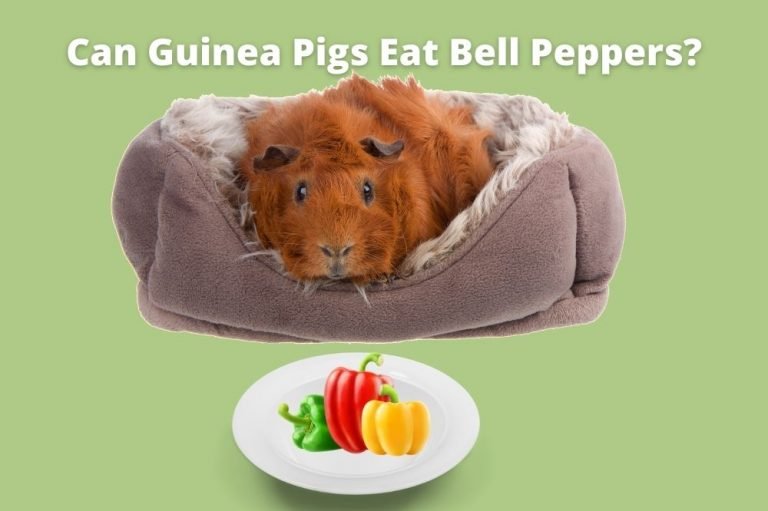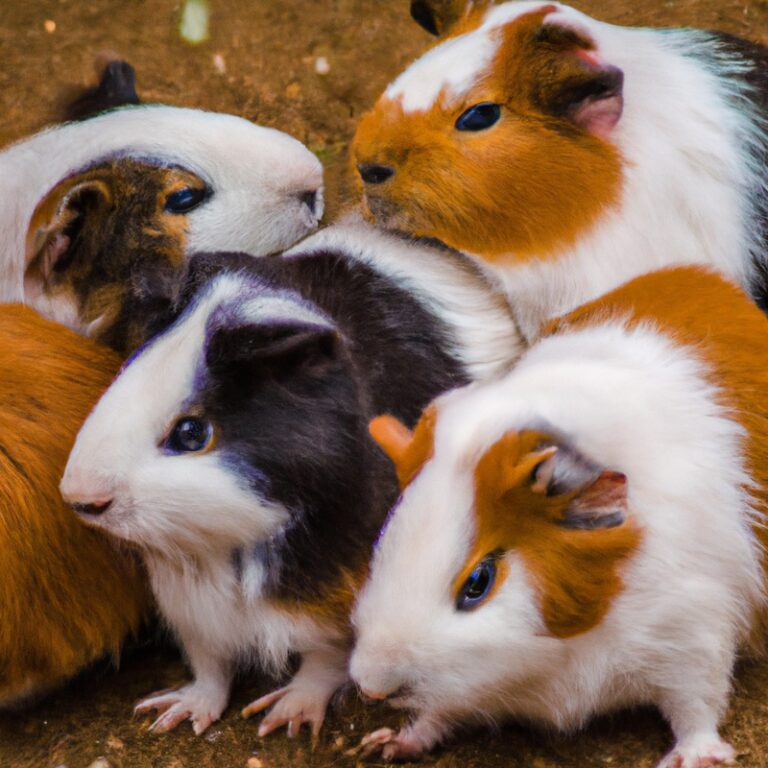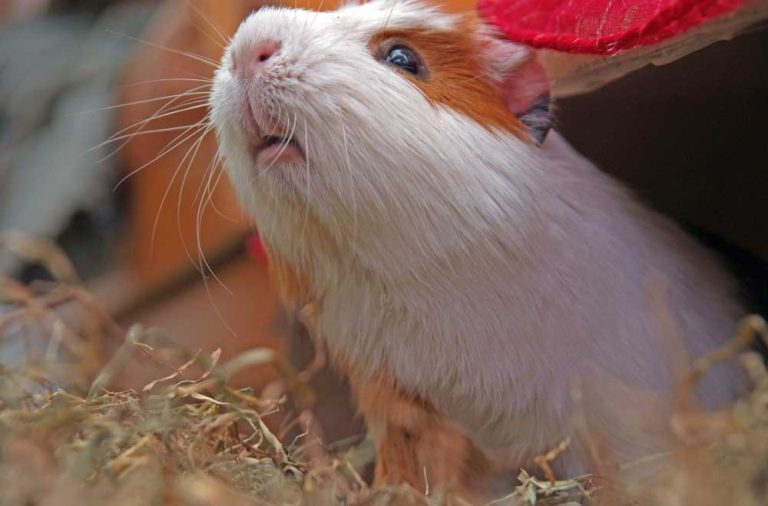Can Guinea Pigs Eat Nuts?
There are different types of nuts in the world, but one thing that they all have in common is that they are super nutritious.
As a superfood, nuts contain multiple vitamins and other essential nutrients that can greatly boost our health as humans.
But since we are talking about guinea pigs, we need to find out if our pets can have a share of the nutrients that nuts have to offer.
The most interesting thing about guinea pigs is their ferocious appetite. These little guys can eat just about any plant material that you put before them.
Nonetheless, not all foods are good for cavies, and that is exactly why you should always research before serving your guinea pig new foods.
So now that you are here, let’s dive deep and learn more about guinea pigs and nuts.
Can Guinea Pigs Eat Nuts?
Nuts are loaded with fats and other complex carbohydrates that may harm your cavy, so guinea pigs cannot eat them. Also, nuts can cause obesity and other health problems in guinea pigs, so they are not worth the risk. Aside from that guinea pigs have sensitive digestive systems that cannot effectively process fatty foods like nuts.
As such, you should never include any type of nuts in your guinea pigs’ diet since it will do them more harm than good.
Both the polyunsaturated and monounsaturated fats found in nuts can have a direct impact on your guinea pig’s digestive system.
Are Nuts Poisonous to Guinea Pigs?
The fact that nuts guinea pigs should not eat nuts does not mean that they are poisonous. It is only that guinea pigs may have a hard time digesting the fats.
In addition to this, the complex carbohydrates and fats may cause serious health complications once they are absorbed into the guinea pig’s body.
That being said, you won’t have to worry about anything in case your guinea pig accidentally eats a few nuts.
Reasons Why You Should Not Feed your Guinea Pig Nuts
To this point, it is clear that guinea pigs should not be fed any type of nuts, so it won’t matter whether it’s cashew nuts, almonds, hazelnuts, peanuts, just to mention but a few.
Here are some of the reasons why your guinea pig should not have nuts;
Nuts are Rich in Calcium
As a mineral, calcium is essential for young guinea pigs, but it can cause serious health problems in adult guinea pigs if they consume it in large quantities.
One of the common health complications in guinea pigs that is associated with high calcium intake is the formation of bladder stones.
As a result, this may predispose the guinea pig to other urinary infections that may lead to death if not treated in good time.
The worst part of it is that your guinea pig will experience excruciating pain when passing urine, and we both know you wouldn’t want your furry friend to suffer.
Allergic Reactions
Nuts are packed with different types of proteins and some are not good for cavies.
This is because they can cause your pet’s body to flood with symptom-causing chemicals that may affect breathing and other physiological processes in the body.
Other allergic reactions in guinea pigs may include vomiting, sores in the mouth, itchiness, sneezing, etc.
If your pet shows symptoms of an allergic reaction after eating nuts, you should consider rushing the guinea pig to a veterinarian as soon as possible.
High Calorific Value
Since nuts are mainly made up of concentrated fats, they contain more calories compared to most foods.
However, guinea pigs only require a few calories a day due to their size and energy requirements.
This means that most of the calories will be stored in the body as reserves, thus causing obesity and cardiovascular complications.
With time, the walls of the blood vessels and the heart may start to thicken, resulting in heart failure.
Guinea pigs that are obese have a hard time moving around, so you won’t be able to play with your furry friend as you would wish.
Nuts are Hard to Digest
Our digestive systems are well equipped to handle all types of foods, including those that are extremely fatty, so we may have no problem digesting and absorbing nuts.
Nevertheless, this does not apply to guinea pigs since their digestive system cannot handle the high amounts of fats and carbohydrates present in nuts.
As such, nuts may cause gastrointestinal stasis, a condition whereby the passage of food through the digestive tract is slowed down temporarily.
Consequently, this will cause gastrointestinal discomfort to your guinea pig. In addition to this, the guinea pig may also suffer from diarrhea.
In most cases, diarrhea can lead to sudden weight loss and dehydration in cavies. As a result, your pet will be too weak to play or eat.
Presence of Oxalates
Nuts are packed with oxalate, a compound that can easily combine with other mineral compounds like calcium, thereby causing kidney stones in guinea pigs.
Almonds should particularly be avoided since they are highly concentrated with oxalates.
Final Thoughts
Nuts are in no way beneficial to guinea pigs due to their nutritional content. They contain too much carbohydrate and fat, so your cavy should avoid them at all costs.
Plus, they contain excessive amounts of calories and can adversely affect the well-being of your pet.
Due to their size and shape, most nuts can be a choking hazard to guinea pigs, giving you even more reason as to why you should keep them away from your cavies.
As an alternative, you should consider supplementing your guinea pigs diet with healthy vegetables like kale, carrots, romaine lettuce, broccoli, etc.
Still, you should serve the above-listed vegetables in moderation since they also have their drawbacks.
But most importantly, ensure that you give your guinea pig enough hay since it is what they thrive on.
Water is also an essential component in a guinea pig’s diet, so the drip bottle in your guinea pig’s cage should be filled regularly to prevent dehydration.
- Can Guinea Pigs Eat Lawn Grass? Find out now!
- Can Guinea Pigs Eat Wet Grass? Find out now!
- Can Guinea Pigs Eat Weeds? Explained
- Can Guinea Pigs Eat Watermelon? (Benefits & Risks)
- Can Guinea Pigs Eat Strawberries? [Feeding Guide!]


![Why Do Guinea Pigs Bite The Cage? [What to Avoid!]](https://atractivopets.com/wp-content/uploads/2020/10/Guinea-Pig-Cage-768x497.jpg)

![Can Guinea Pigs Learn Their Names? [Do They Recognize Your voice!]](https://atractivopets.com/wp-content/uploads/2020/10/Can-Guinea-Pigs-Learn-Their-Names-768x499.jpg)

![Can Guinea Pigs Eat Dandelions? [Feeding Guide!]](https://atractivopets.com/wp-content/uploads/2020/12/Eating-Dandelions-768x511.jpg)

